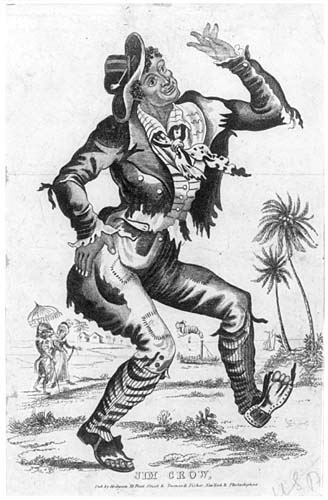Venue Type & Location
Exhibition Hall
Overview
Beth Marquis
Troupes at Crystal Palace
| Film | Affiliated people | Film Type | # of event(s) |
|---|---|---|---|
| No Troupe | Definite No Troupe |
Events at Crystal Palace
| Event | Date | Venue Location | Film |
|---|---|---|---|
| Exhibition | - | London, London (city-county) | No Troupe |
| Exhibition | - | London, London (city-county) | No Troupe |
| Exhibition | - | London, London (city-county) | No Troupe |
Bibliographic Sources
- London: H.G. Clarke & Co., 1851pp3-8.
- London: H.G. Clarke & Co., 1851pp107-111.
"That portion of Hyde Park, between Prince's Gate and the Serpentine, running parallel with the main road through Knightsbridge and Kensington, is memorable as having been the site of the great Industrial Exhibition of 1851, wherein were brought together, for the first time, under one spacious roof, for the purposes of competition, the various productions of the inventive genius and industry of nearly all the nations of the earth. [...]
Whatever wonders the Exhibition was to contain, the building itself, when completed, was looked upon as the greatest wonder of all. Shortly before it was opened to the public, the Times observed that, "Not the least wonderful part of the Exhibition will be the edifice within which the specimens of the industry of all nations are to be collected. Its magnitude, the celerity with which it is to be constructed, and the materials of which it is to be composed, all combine to ensure for it a large share of that attention which the Exhibition is likely to attract, and to render its progress a matter of great public interest. A building designed to cover 753,984 superficial feet, and to have an exhibiting surface of about twenty-one acres, to be roofed in, and handed over to the Commissioners within little more than three months from its commencement; to be constructed almost entirely of glass and iron, the most fragile and the strongest of working materials; to combine the lightness of a conservatory with the stability of our most permanent structures—such a building will naturally excite much curiosity as to the mode in which the works connected with it are conducted, and the advances which are made towards its completion. Enchanted palaces that grow up in a night are confined to fairy-land, and in this material world of ours the labours of the bricklayer and the carpenter are notoriously never-ending. It took 300 years to build St. Peter's at Rome, and thirty-five to complete our own St. Paul's. The New Palace of Westminster has already been fifteen years in hand, and still is unfinished. We run up houses, it is true, quickly enough in this country; but if there be a touch of magic in the time occupied, there is none in the appearance of so much stucco and brick-work as our streets exhibit. Something very different from this was promised for the great edifice in Hyde Park. Not only was it to rise with extraordinary rapidity, but in every other respect is to be suggestive of 'Arabian Nights' remembrances."
The decoration of the building, both in design and in execution, was entrusted to Mr. Owen Jones', about 500 painters being employed upon the work. The under sides of the girders were painted red, the round portions of the columns yellow, and the hollows of the capitals blue, in due proportions. All the stalls were covered with red cloth, or pink calico; by which means not only was the unsightly woodwork concealed, but a warmth of colouring was given to the whole ground area of the building, which, combined with the mass of blue overhead, and the yellow stripes of the columns, produced a most harmonious effect, which was further softened by covering the roof and south side with unbleached calico, to prevent the glare of light which would necessarily take place in a building whose roof and sides were chiefly of glass. Mr. Jones also displayed great knowledge in his profession by the judicious distribution of various large articles and groups of articles, with a view to their effect upon the general internal aspect of the Exhibition." (Chapter 4 - 'The Great Exhibition of 1851')(Under Buildings, Monuments and Museums - Crystal Palace)
- Manchester: Manchester UP, 2001

